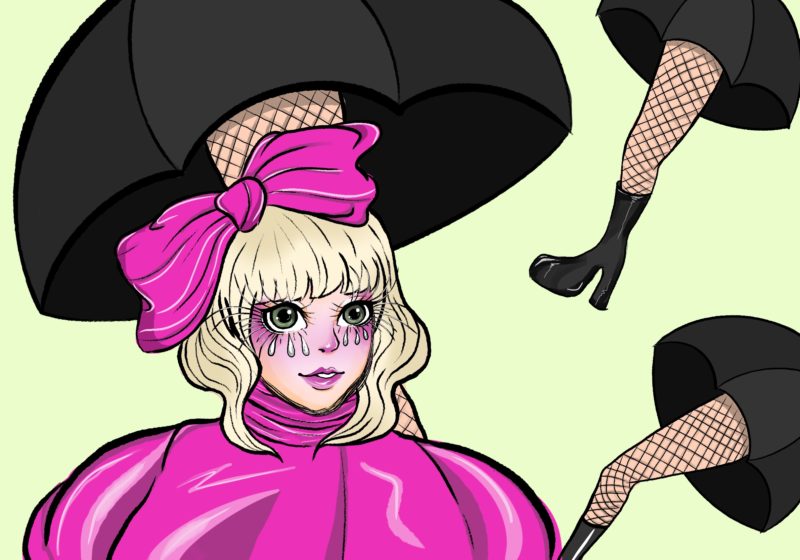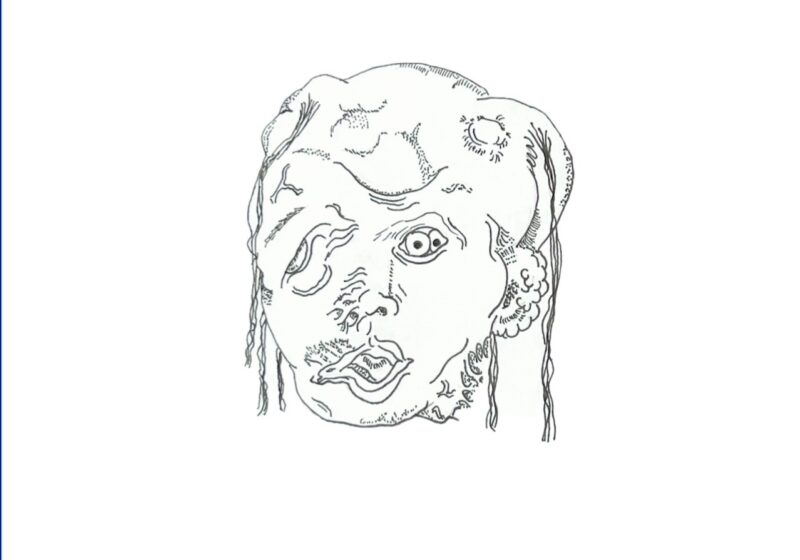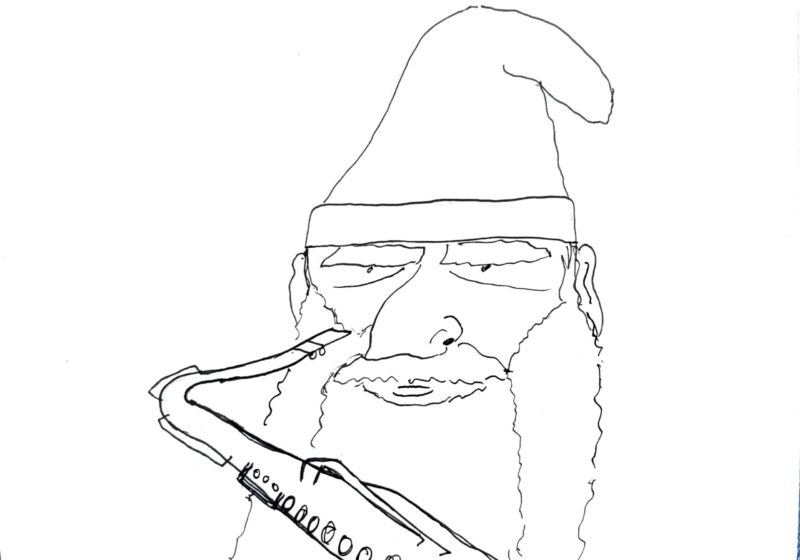In 2019, the Met Gala theme was “Camp: Notes on Fashion.” This theme seemed to come a little out of left field — nobody had written about camp for several years, not really, not since Susan Sontag published her landmark essay “Notes on Camp” in 1964.
The Costume Institute’s exhibit used Sontag’s piece as a framework for structuring the galleries, which they divided into two sections — one for the origins of camp, and one for examples of camp in high fashion, the latter of which featured designs from Gucci, Vivenne Westwood, and Moschino, among others.
But, as is typical in this country, high culture seizes the tastes of everyday people and transforms them into expensive, inaccessible trends. Long before the 2019 Met Gala, camp found its roots on the streets of urban life.
In 1967, the documentary “The Queen” was released, which was filmed during the Miss All-American Camp Beauty Pageant in New York City. In the pageant, drag queens from across the country transformed themselves into gorgeous contestants dressed in the style of the times, then were judged for their walking, talking, makeup, hair, and overall beauty.
The documentary also interviews the contestants about the dangers of their everyday lives — rampant homophobia, social and sexual violence, and complete brutality from American society as a whole.
This is where camp emerged as a blossoming, gorgeous social phenomenon. The drag queens dressed in mockery of culture and style as it existed at the time. Camp was born in conflict, and it continues to remain strong in the face of conflict as we know it today.
As the Met wrote about the 2019 exhibit on their webpage, “It is no coincidence that camp resurfaces during moments of social, political, and economic instability — when society is polarized — because, despite its mainstreaming, it has never lost its power to subvert and to challenge the status quo.”
Sontag says that to write about camp is to betray it. You have to see it, to experience it, in order to understand what it means. Still, the best definition I can find is one she wrote herself. “The essence of camp is its love of the unnatural: of artifice and exaggeration,” she says — meaning that, at its core, camp is a mockery and dramatization of style.
So, what are some modern examples of camp, as high society has seized it from its original roots?
- Gucci, as a fashion label, for their commitment to appalling, eclectic designs that they hail as high fashion for their intentionally bad taste (Gucci sponsored the 2019 Met Gala).
- Trump’s aesthetic, before he became president and the phrase “Donald Trump is the poor man’s idea of a rich man” became so popular it was almost cliche. His accent, which almost sounds like a mockery of a New Yorker’s. His spray tan, which is so over-the-top it looks orange. His obsession with gaudy, exorbitant things like golden watches, yachts, and ill-fitting suits. This, when he was still a social figure and not yet a political one, was camp for being a mockery of modern-day wealth.
- Ugly sweaters, for being ironically hideous (thanks to fellow managing editor Corey Miller-Williams for this suggestion).
- Getting married in one of those drive-through chapels in Las Vegas, for turning a time-honored ceremony into a societal joke complete with a neon sign and fake Elvis (if I ever get married, catch me here).
- These boots from Off-White that were “made for walking,” as Nancy Sinatra decreed, for turning a classic song from pop culture into a joke printed on a wearable accessory.
- The gigantic beehive hairstyle constantly worn by Amy Winehouse (bless her soul) in her dedication to the emulation of 1960s female pop singers, for bringing a once-popular trend back into recirculation. Sontag says that the resurgence of trends is, indeed, camp. “What was banal can,” she writes, “with the passage of time, become fantastic.”
As Sontag says, camp sees everything in quotation marks. “It’s not a lamp but a ‘lamp,’” she writes, “not a woman, but a ‘woman.’” It’s not fashion but “fashion,” not a wedding but a “wedding,” not a beehive but a “beehive.” Indeed, camp is much more than a kitschy joke. It’s a careful, sophisticated mockery and imitation of the social phenomena in popular culture.





